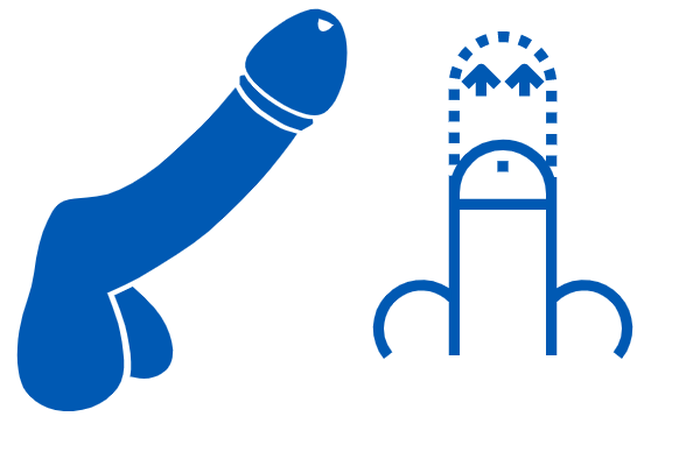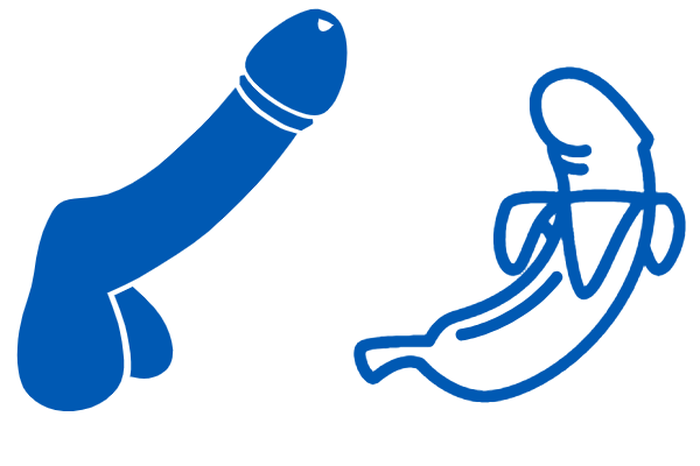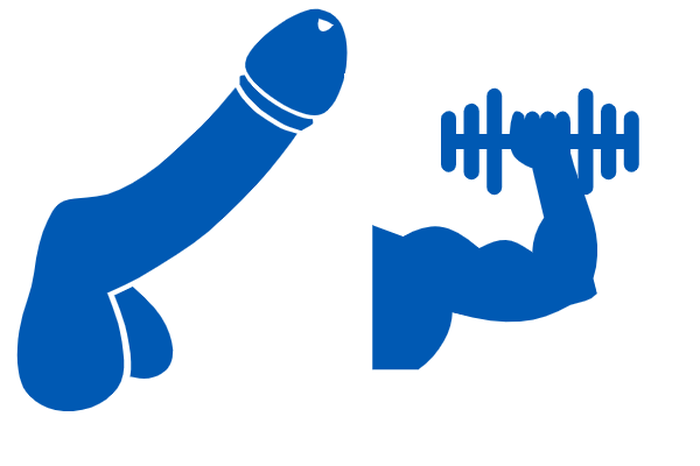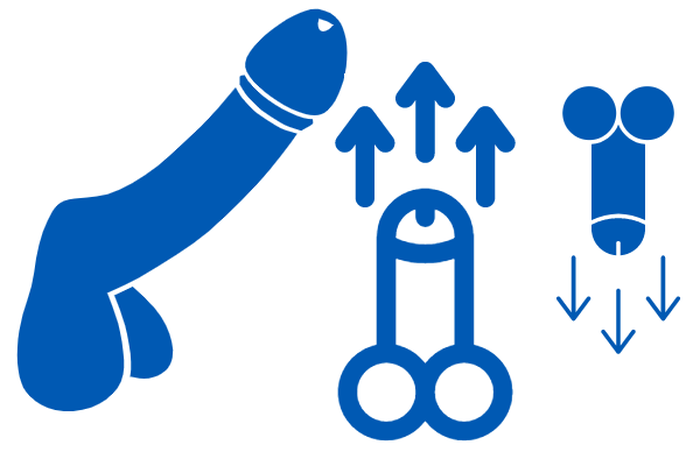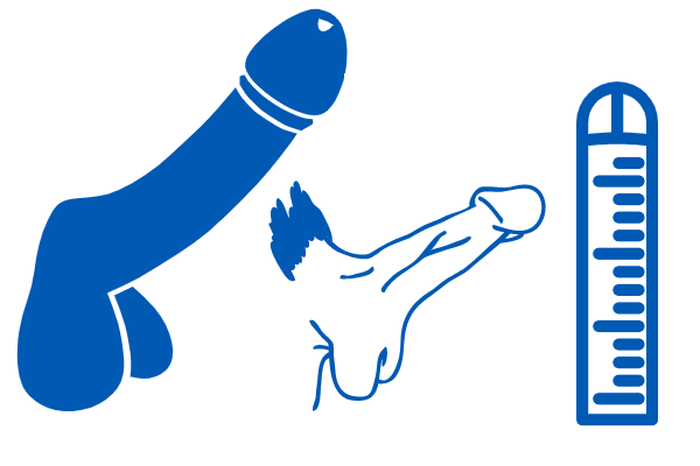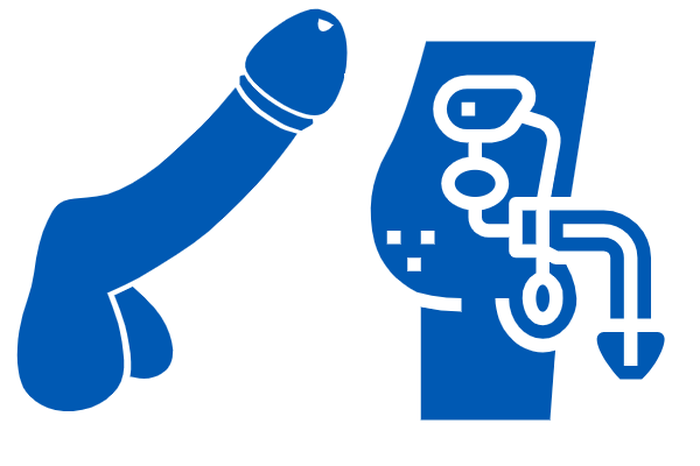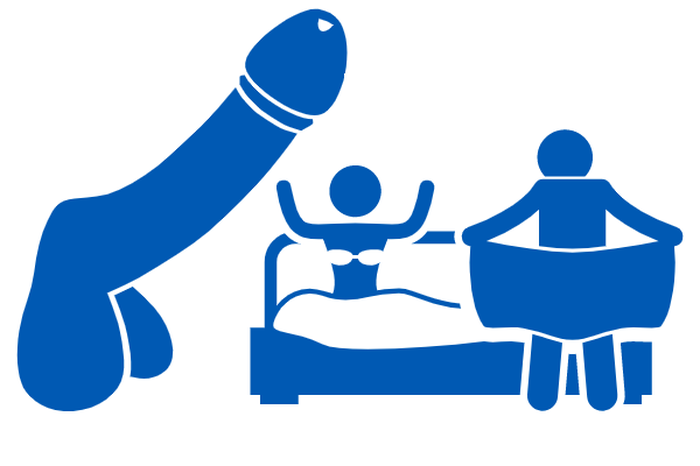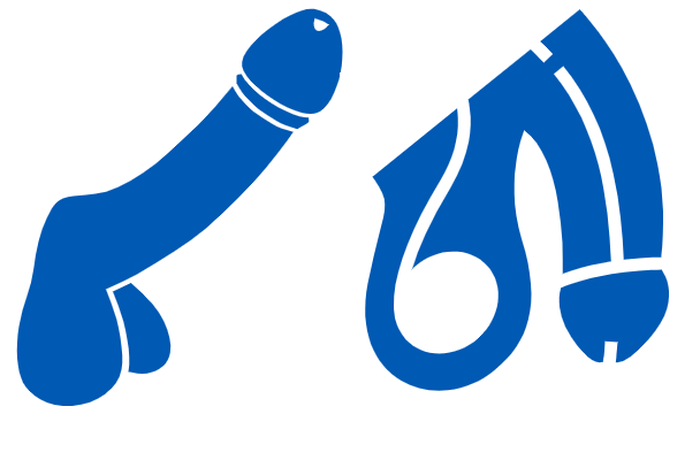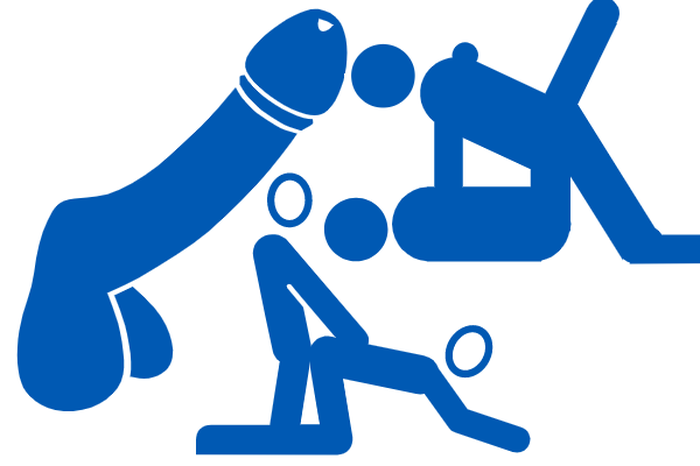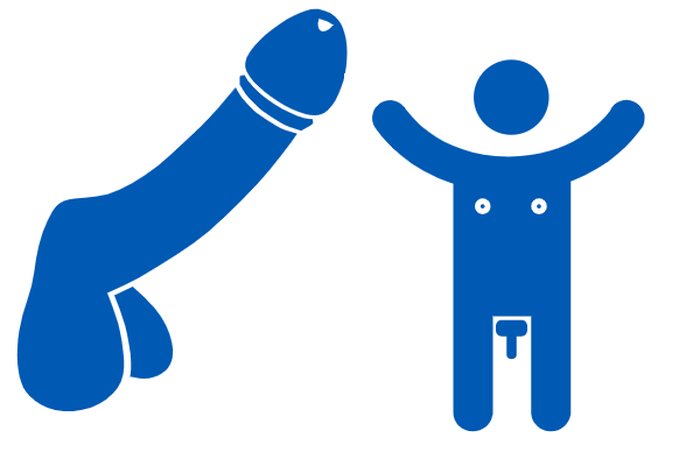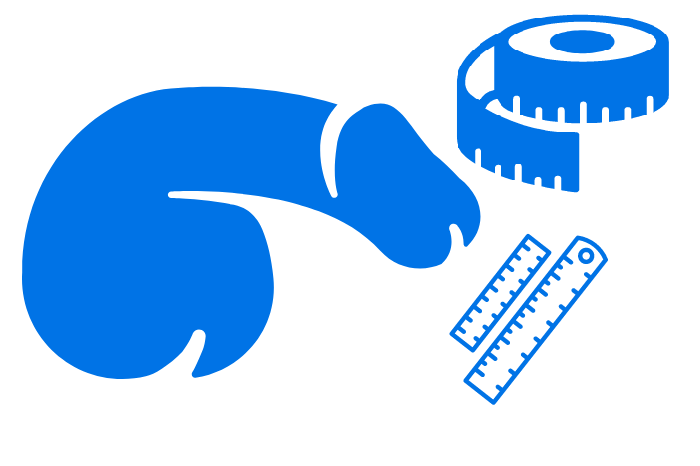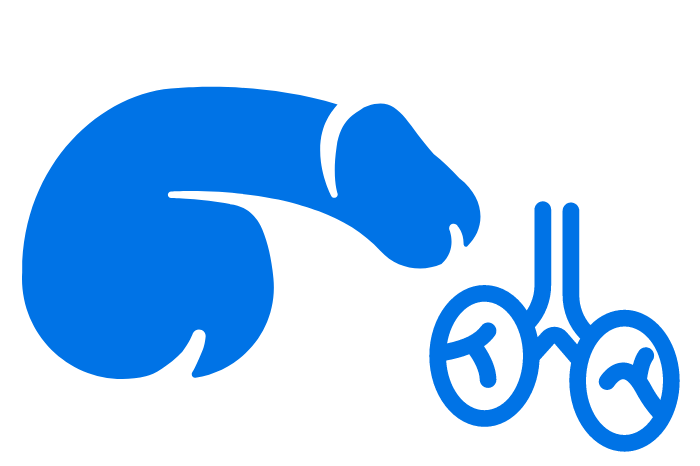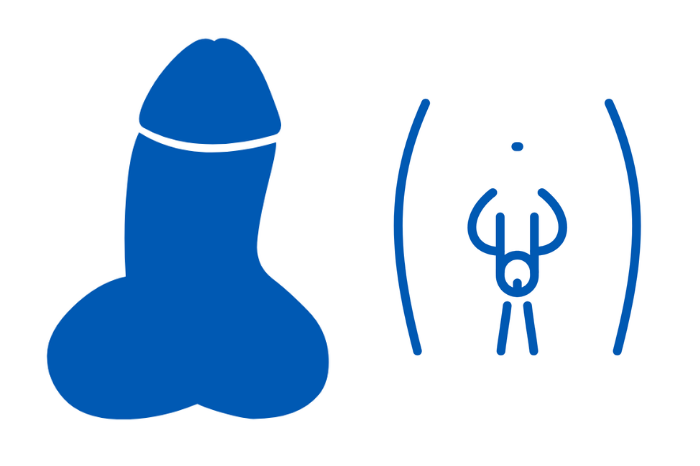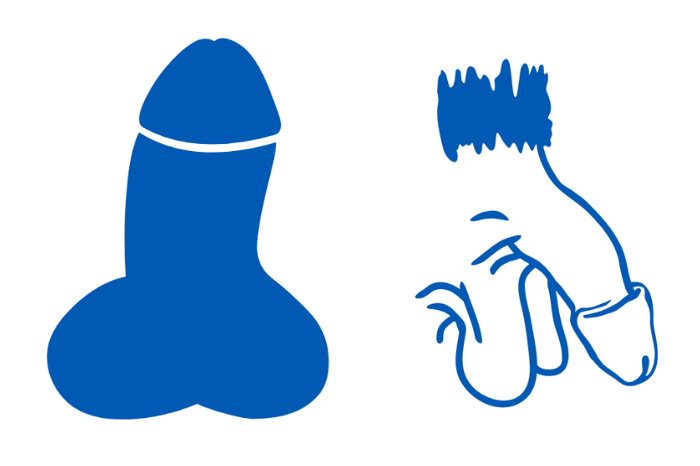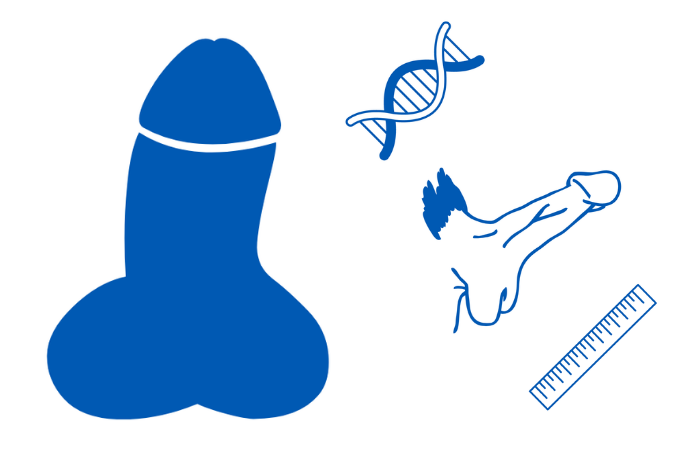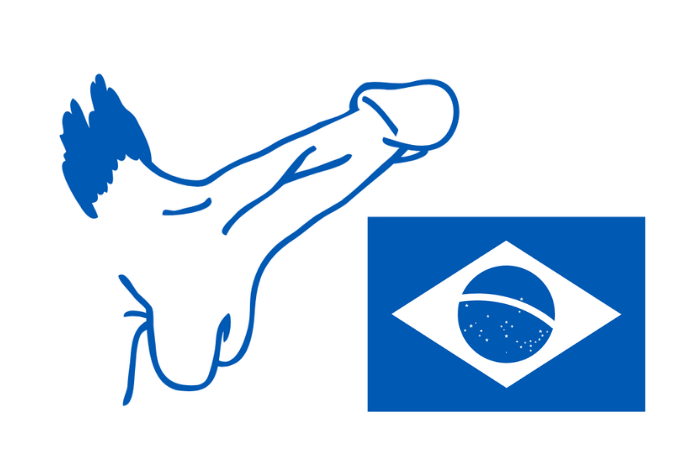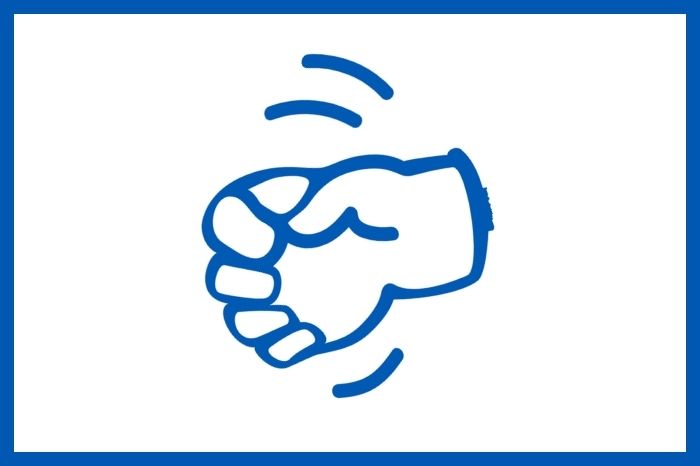What is circumcision and what are the advantages and disadvantages?
Circumcision is surgery to remove the foreskin, the fold of skin that covers and protects the tip of the penis. When a boy or adult is circumcised, the foreskin is removed exposing the head of the penis. Circumcision in no way prevents a man from having children.
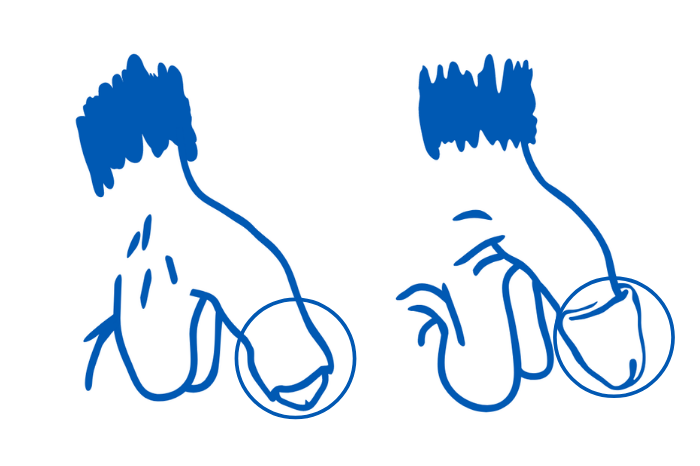
The World Health Organization estimates that 30% of the world's male population is circumcised. In some groups, such as Jews and Muslims, virtually all men are circumcised.
Why is circumcision performed?
Circumcision is done for different reasons. In some places, it serves as proof that the young person belongs to a certain religion, ethnicity or tribe. In other situations, parents circumcise their children for reasons of hygiene or health.
What are the advantages of circumcision?
Circumcised men are less at risk of:
- urinary tract infections
- HIV
- Syphilis
- chancroid disease
Scientists believe that circumcised men are less at risk of infection because, without the foreskin, the glans area is not as moist and therefore less prone to the growth of germs.
With a circumcised penis, the head loses some feeling, so the man can continue sexual intercourse longer before ejaculating. For some men, this can be an advantage.
What are the disadvantages of circumcision?
Circumcised men may find it much more difficult to reach orgasm as they age. This can also make sex less enjoyable for the couple.
Another disadvantage involves an ethical issue, as there are people who think that circumcision is an act of violence and that it is harmful. For example, the Royal Netherlands Society of Physicians (KNMG) considers circumcision without medical reasons to be 'a violation of the child's right to autonomy and physical integrity'. The KNMG considers that such an operation carries unnecessary risks of complications.
